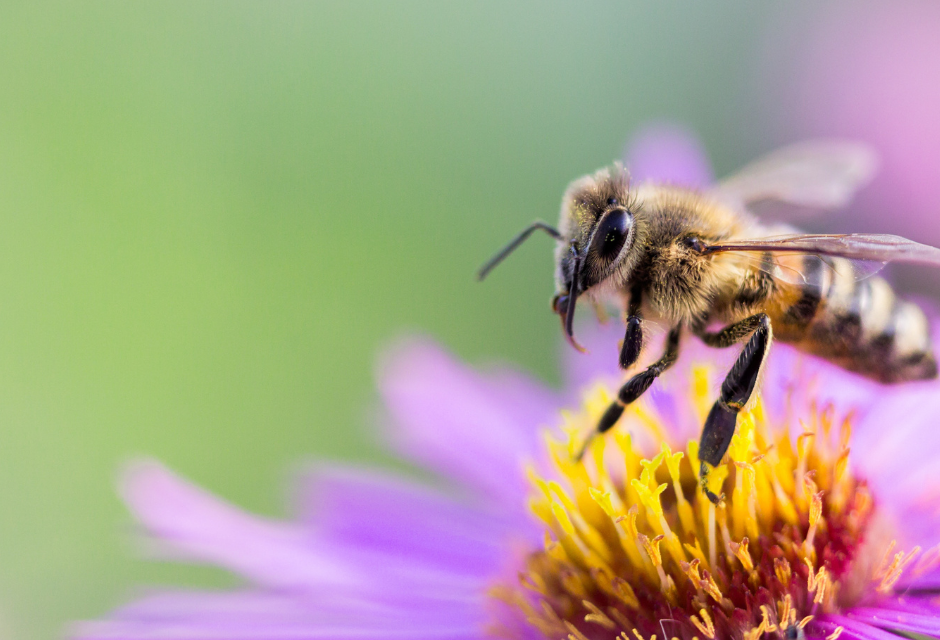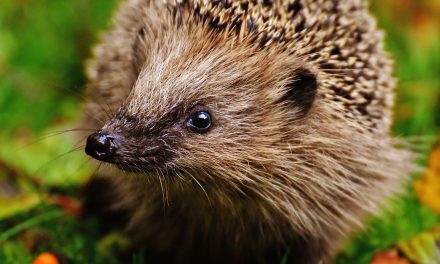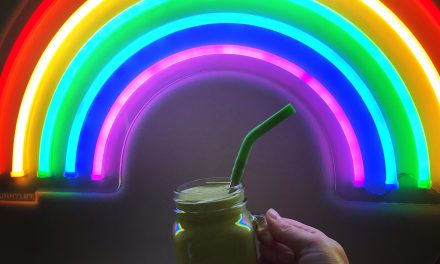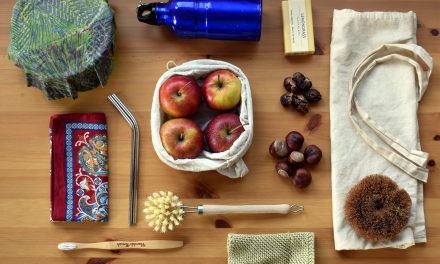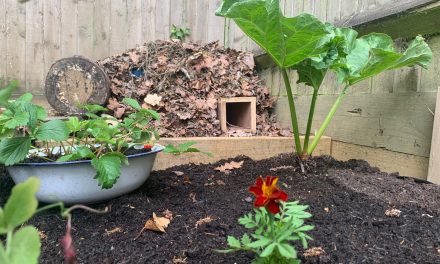What is World Bee Day?
The aim of World Bee Day, which is celebrated on 20th May every year, is to raise awareness of the importance of our busy little friends and their significant impact on our planet.
Through World Bee Day, and the work of organisations such as the British Beekeeping Association, the essential role that bees play in keeping our planet healthy can be acknowledged and celebrated. World Bee Day has been an official day since 2018, thanks to the efforts of the Slovenian Government, who made such a buzz and pushed for the day to be recognised internationally by the United Nations General Assembly.
Why are bees important?
Bees, some of the hardest working creatures around, bring many benefits to us, to plants, and to the environment as a whole. Bees carry pollen from one flower to another, which enables the production of a medley of fruits, nuts, seeds, and flora.
A huge percentage of our vegetables, fruits, and crops rely on pollination and without this process, we, and many other creatures we share the planet with, would go hungry.
Although bees are not the only pollinators (wind, birds, bats, and other insects also contribute to pollination), bees are among the most important because they pollinate on a mass scale.
Then, of course, who could forget the sweet, sticky nectar that bees produce? That’s right – honey! Not only is honey delicious and a firm favourite of our friend Winnie the Pooh, but it also holds an array of medicinal properties and benefits and is therefore highly valuable in many cultures and countries around the world.
You might say that they really are the bee’s knees.
Did you know?
It has been estimated that for farmers to manually pollinate their crops in the UK, it would cost a whopping £1.8billion a year!
So, what’s happening to the bees?
To put it bluntly, the bees are dying out – and fast.
From habitat loss (deforestation, for example) to climate change, bees are faced with a number of threats every single day.
With an increase in urban development, and the threats to trees and woodland that this brings, many of the areas that bees once called home no longer exist. As well as the destruction of these natural habitats, the use of pesticides is another main threat to our buzzing little buddies. Although pesticides are only designed to kill pests, they are highly toxic and unfortunately have an effect on other insects, including bees.
Climate change is another threat to bees – it disrupts bee nesting behaviour and alters the normal seasonal timings. This means that flowers might bloom earlier, or later, than expected. Parasites also pose a threat, passing diseases and viruses through bee species and killing them off.
How can you help?
World Bee Day is an opportunity for all of us to raise awareness and take action, in an effort to support beekeeping and to save the bees. And the great news is that most of these actions can be done from the comfort of your own home!
Bee-friendly flowers
One of the simplest ways to help your friendly neighbourhood bees is to plant plenty of bee-friendly flowers in your garden. As bees can see the colour purple better than any other colour, flowers such as lavender, catmint, and alliums are particular favourites. Discover some more flowers that you can plant in your garden to help bees all year round.
Shelter
Bees need shelter. They need to nest and to hibernate, and you can help them out by building your own shelter or buying a ready-made bee hotel. Make sure to hang it up in a sunny but sheltered spot in your garden.
Check out some of our other tips on how to make your garden a safe haven for other types of wildlife.
No more pesticides
As we mentioned earlier, pesticides are one of the top threats to bees, so one simple answer is to stop using them in your garden! We get it, pests can be… well, a pest, but letting nature do its thing and leaving them to be controlled naturally is the best way to help the bees.
Save a needy bee
Have you ever seen a lonely bee sat very still on the ground? You may have thought that he or she has sadly met his demise, but often they could just be exhausted and in need of a pick-me-up! Help them out by giving them some sugar-laced-water on a tablespoon. Homemade Red Bull might provide just the buzz a tired little bee needs!
Local Beekeeping Association’s
If you are a wannabee and interested in getting stuck into beekeeping, check out some of the local groups and associations in East Sussex below, or find some tips from local keeper, Tony Robinson, here.
The Sussex Beekeeper’s Association caters for those who live in East Sussex and who keep bees or would like to start beekeeping.
The High Weald Beekeeper’s Association welcomes anyone who wishes to learn more about the craft of beekeeping or simply want to share their knowledge and experience.
Brighton and Lewes Beekeepers is a division of the Sussex Beekeeper’s Association.
